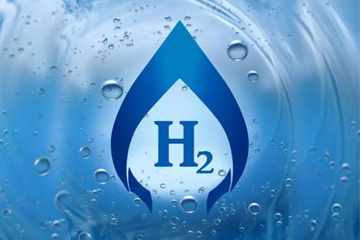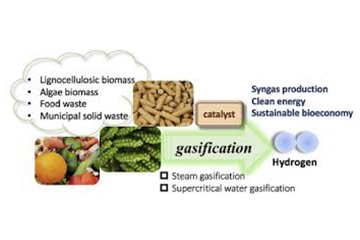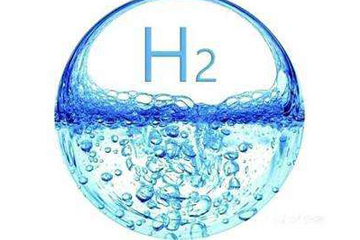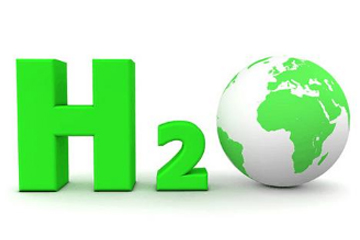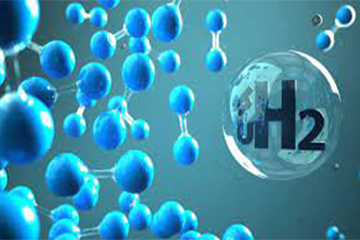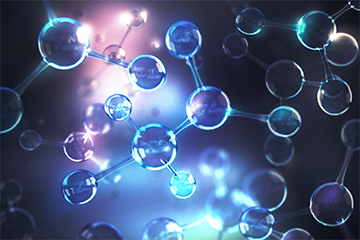How to get hydrogen molecules?
Aug 27, 2021
The most commonly used methods of acquiring Hydrogen Molecules are: hydrogen, drink hydrogen, hydrogenated bath. Hydrogen is the minimum molecule in nature, with extremely strong penetration, can penetrate into the skin, mucosa, tissue and organs. Solting hydrogen and drinking hydrogen is a good way to intraperitate hydrogen molecules. The two are essentially the same, but the hydrogen molecules and amount of the organ have different degrees, the effect will have some difference. From the perspective of living habits, drinking hydrogen and drinking ordinary water is not different, so it is easier to accept. Conversely, hydrogen is more like a way to conditioning the disease. But once it is fully aware that hydrogen molecules have the value of health and life, it is easy to accept breathing hydrogen. In general, the diseases adjusted by drinking hydrogen,breathing hydrogen,bathing hydrogen have the following difference: Drinking hydrogen: parenteral problems (including gastric ulcers, enteritis, constipation, etc.), metabolic diseases (including diabetes, hypertension, hyperuronic acid, high blood fat, etc.), various allergies, and other relatively stable systemic diseases. Breathing hydrogen: brain neurology (old dementia, Parkinson, insomnia, etc.), malignant tumors, pulmonary disease, etc. Hydrogen bath: solar dermatitis, allergic dermatitis, psoriasis such as skin inflammation, can also help skin detoxification, whitening and rejuvenation, fine lines, and skin damage diseases and beauty maintenance. The most ideal way to add hydrogen is breathing and drinking hydrogen. Long-term adherence, help improve immunity, the body's status and quality of life will also increase.
Read More
